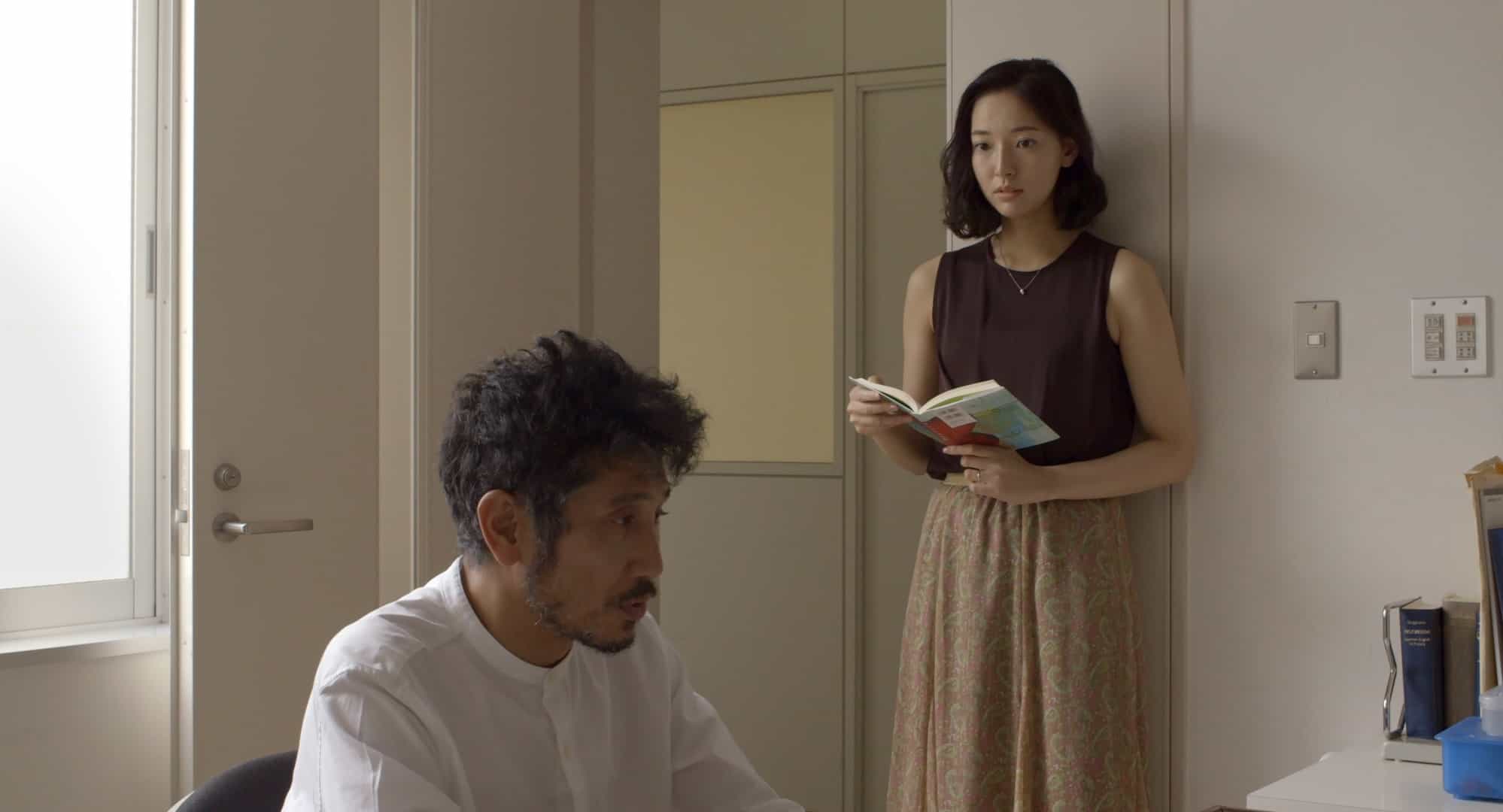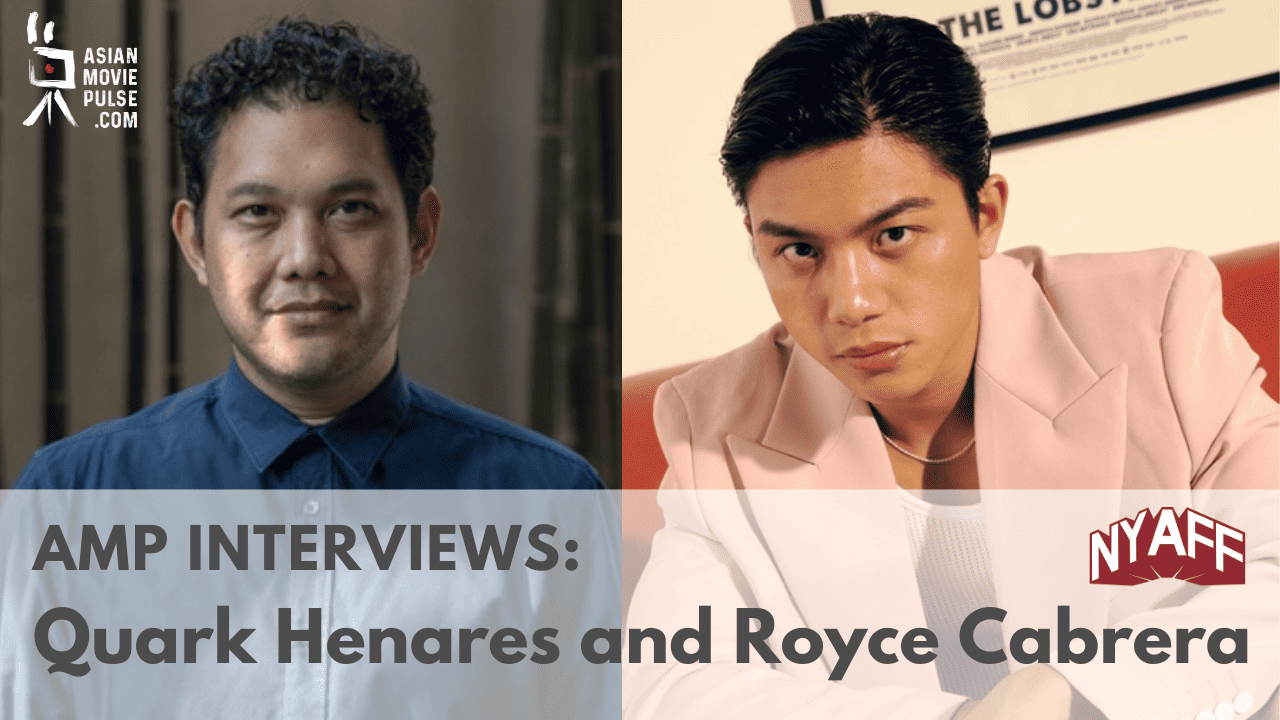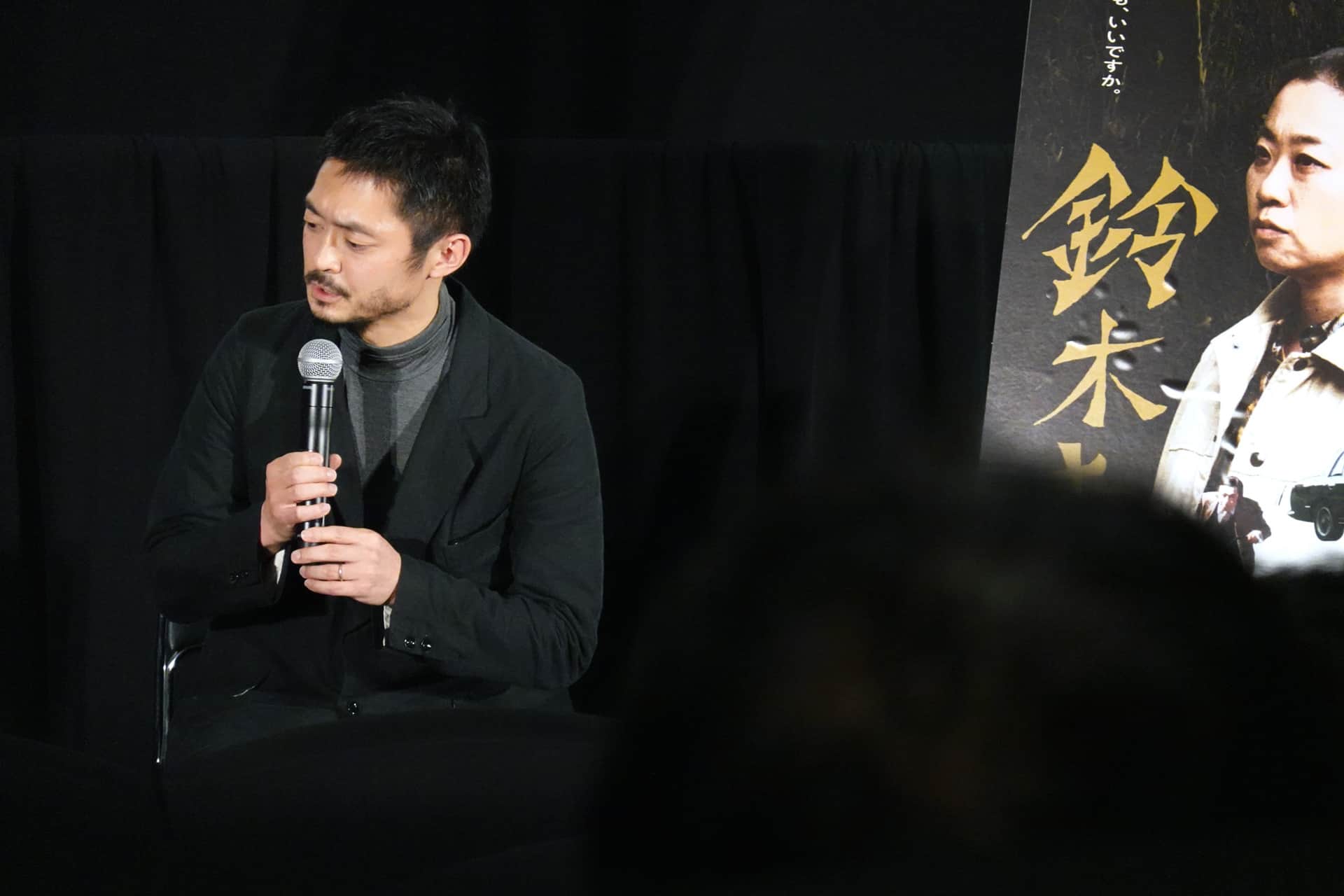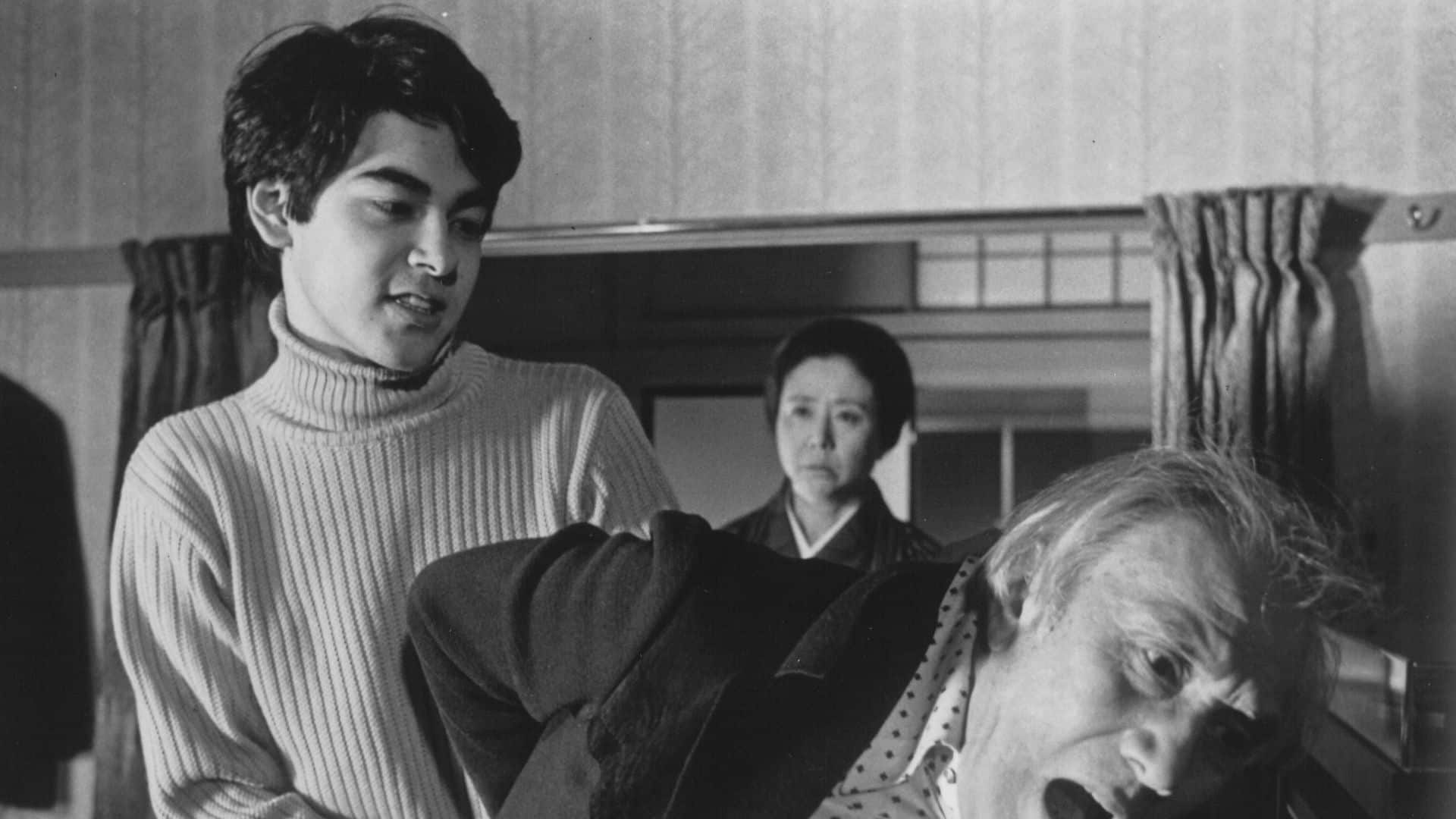11. Road Movie (Kim In-shik, 2002, South Korea)
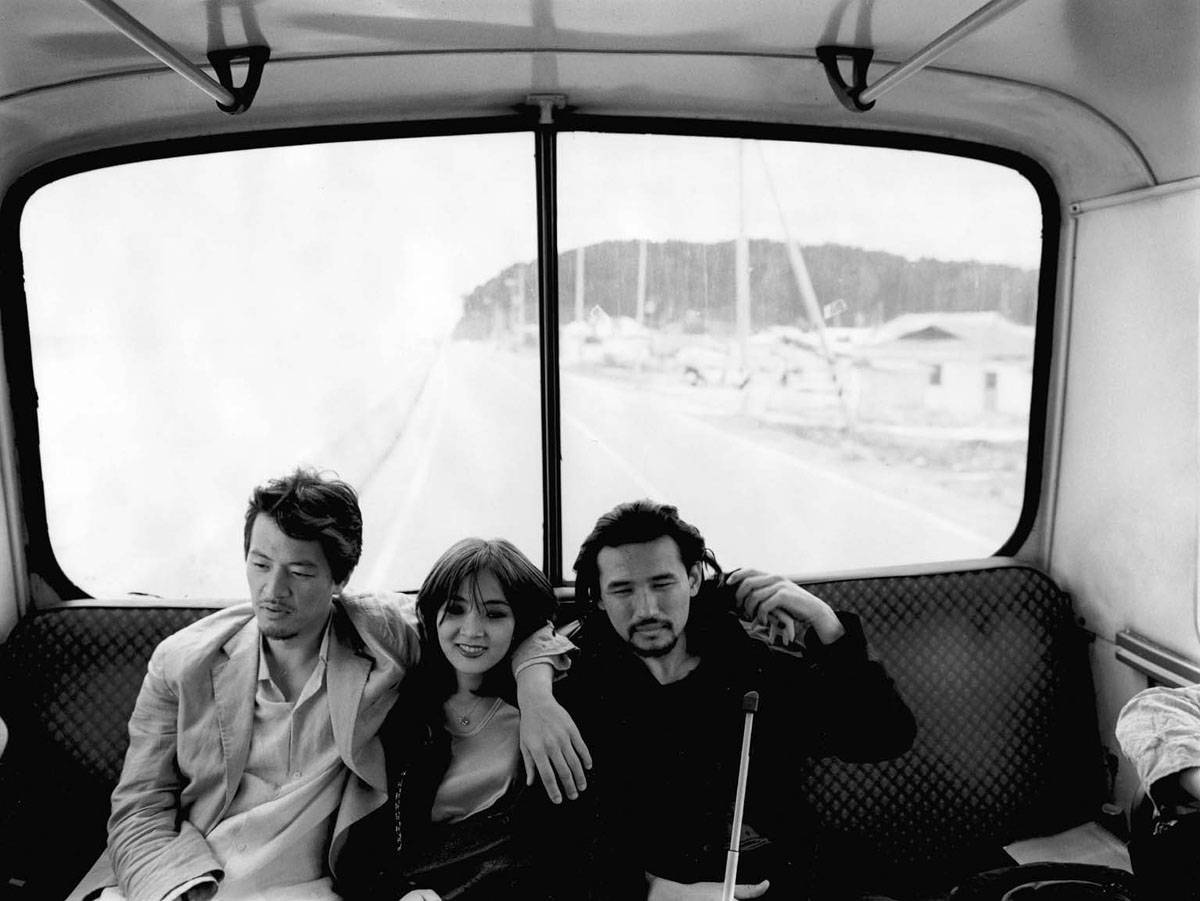
Billed as South Korea's first gay movie, Kim In-shik's debut doubles as a road movie as homeless Dae-shik, a gay man, and Suk-won, a straight banker head on the road to leave their troubles behind, a journey on which they are joined by a prostitute Il-joo. The film opens with a strenuous gay sex scene but soon settles into a slow burning and aching romance, coming into its own once the road trip starts. The narrative works best as a character study of three separate individuals and the fearless performances, particularly from a pre-fame Hwang Jung-min and Seo Rin (in her feature debut), demand a watch. (Rhythm Zaveri)
12. No Man's Land (Ning Hao, 2013, China)
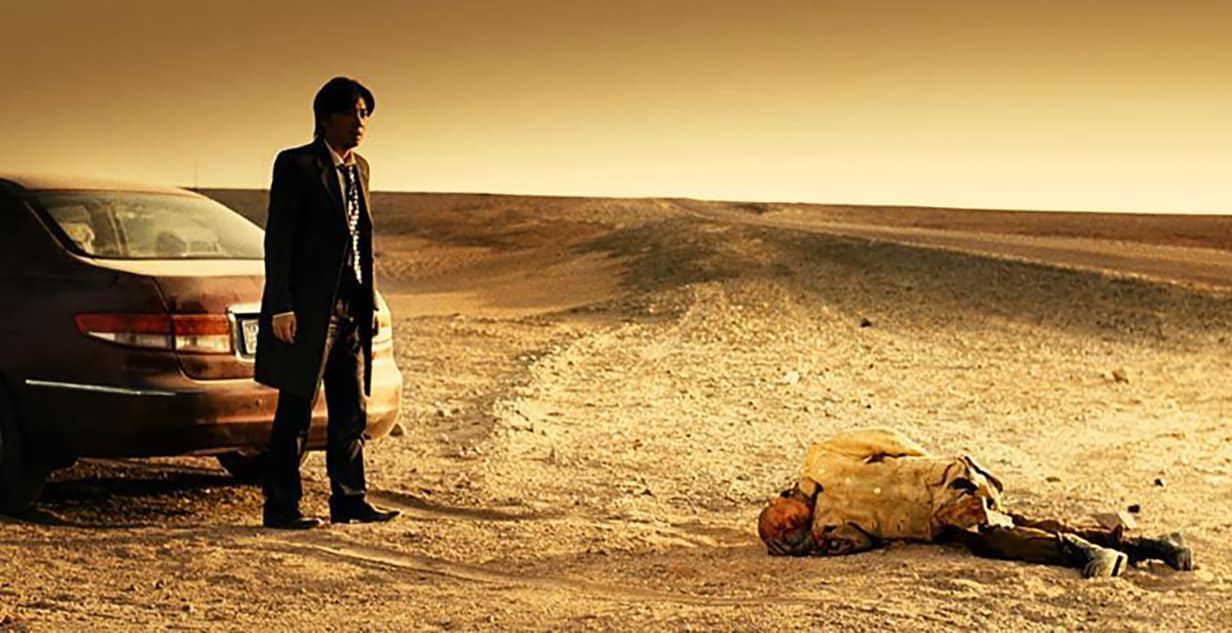
Young and rampant lawyer Pan Xiao (Xu Zheng) cleverly manages to win an intricate case in which he defends a murderous falcon poacher (Huang Bo) in a small village of the desolate north-western deserts of China and takes his client's brand-new Mustang as an additional form of payment, thinking he can just drive home. Little does he know that the trip ahead will be full of weird and threatening encounters, in a crescendo of troubles until the explosive finale. The dusty, sun-burned endless Gobi Desert highway is the perfect scenario for this energetic action-packed satire of greed and derailed humanity in modern China, and the blend of Mad Max, Spaghetti Western and the Coen Brothers' atmosphere makes for a compelling view. Produced on a budget, making the most of its scenic location, and held by censorship authorities for few years before release, the film proved to be a top-grossing box office success, 14-folding the initial capital. (Adriana Rosati)
13. Truckster of Guts (Norifumi Suzuki, 1977, Japan)
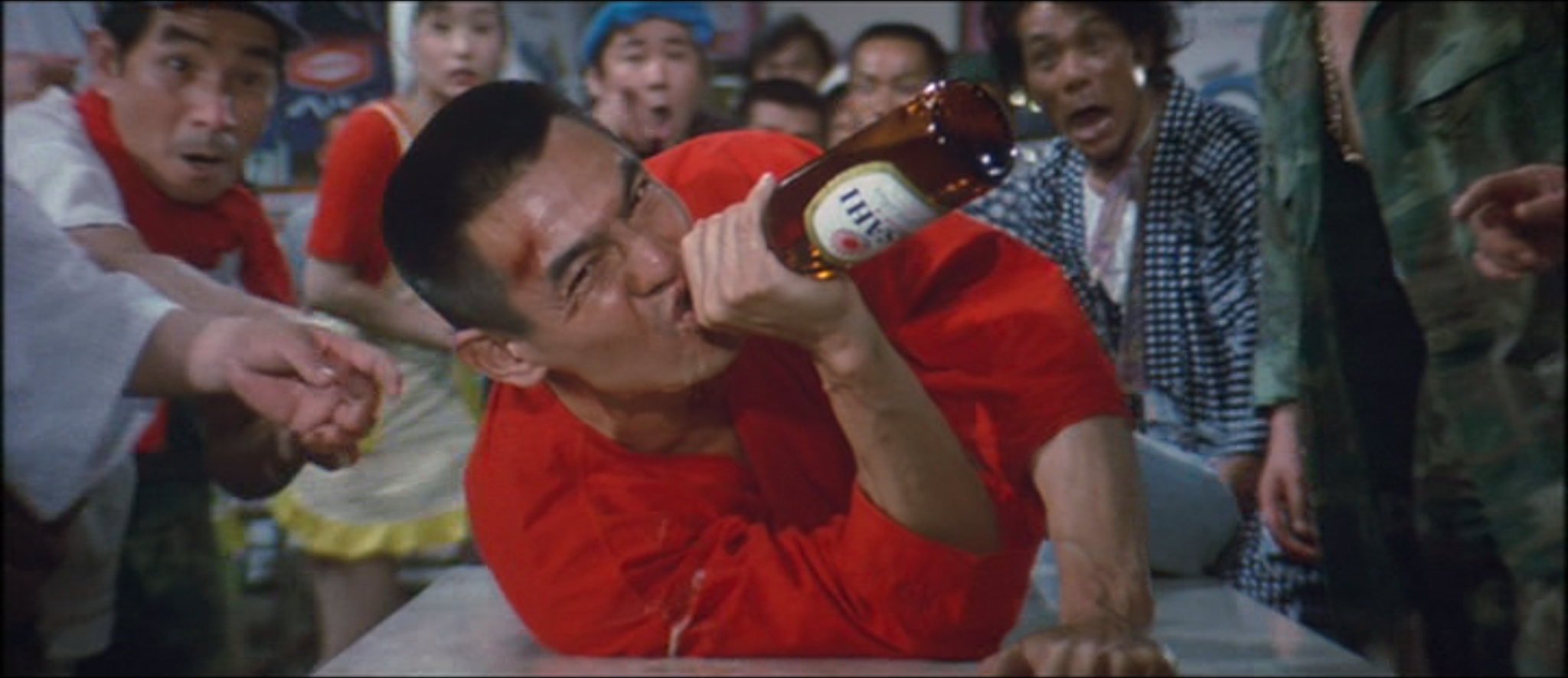
Sure, this may be the fifth entry in Toei's “Truck Yaro” series (all of which could easily find themselves on this list), but it is easily the most fun. Once again starring Bunta Sugawara and Kinya Aikawa as two trucker best friends on the road and falling in love, this entry is also helped massively by the inclusion of Sonny Chiba as yet another fellow trucker Jaws. Sugawara's comic timing is on perfect display here, whereas Chiba's presence turns up the cool quotient. That bar brawl between the two, in which Jaws stops the fight midway to help Momojiro collect the winnings from a jackpot, will have you howling! (Rhythm Zaveri)
14. Whale Hunting (Bae Chang-ho, 1984, South Korea)
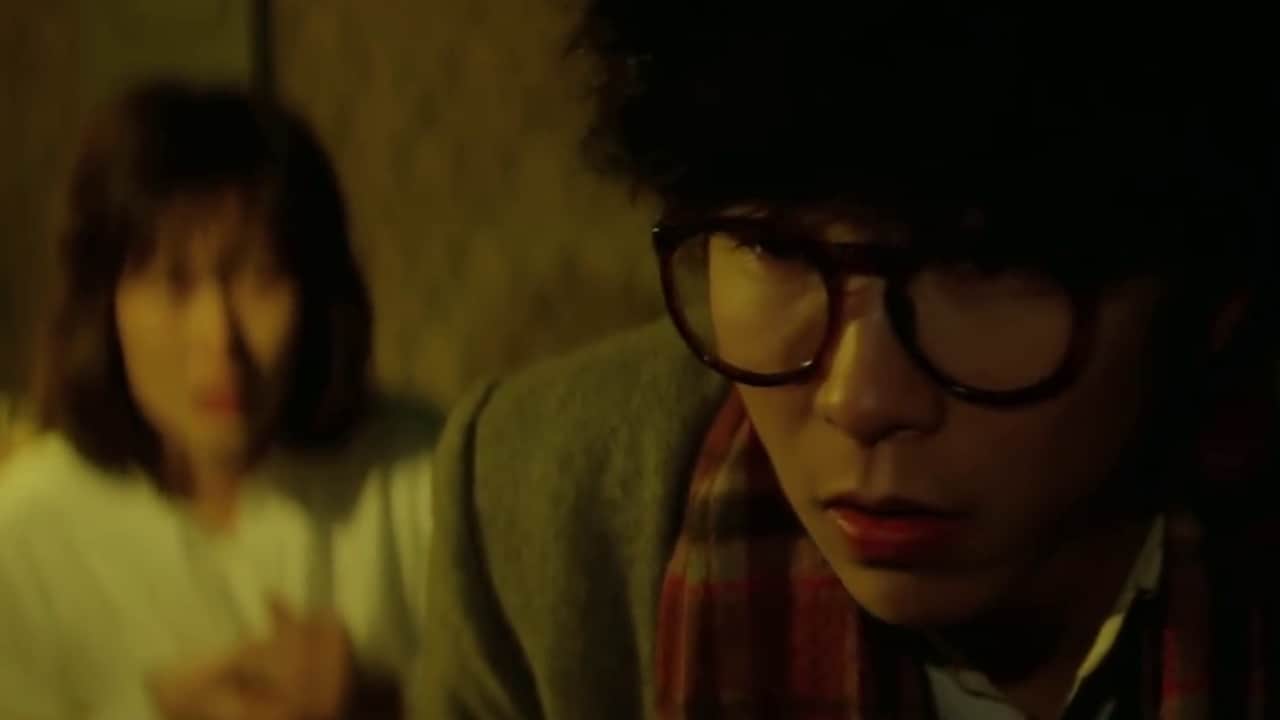
Another of the film's strong points is its beautiful cinematography. From the urban landscape of Seoul to the snow-laden mountains to the wide-angle shots of the beaches and the lush green countryside, “Whale Hunting” is an absolute joy to look at. Bae Chang-ho has gone on to say that the star of the movie for him is the beautiful winter scenery and he might not be too far from the truth there. “Whale Hunting” has a little bit of something for everyone – comedy, drama, romance, bromance, melodrama, sharp social commentary, even fun chase sequences, which all work together to make it a highly entertaining, warm-hearted film from Bae Chang-ho's earlier oeuvre. (Rhythm Zaveri)

15. Heaven: To the Land of Happiness (Im Sang-soo, 2021, South Korea)
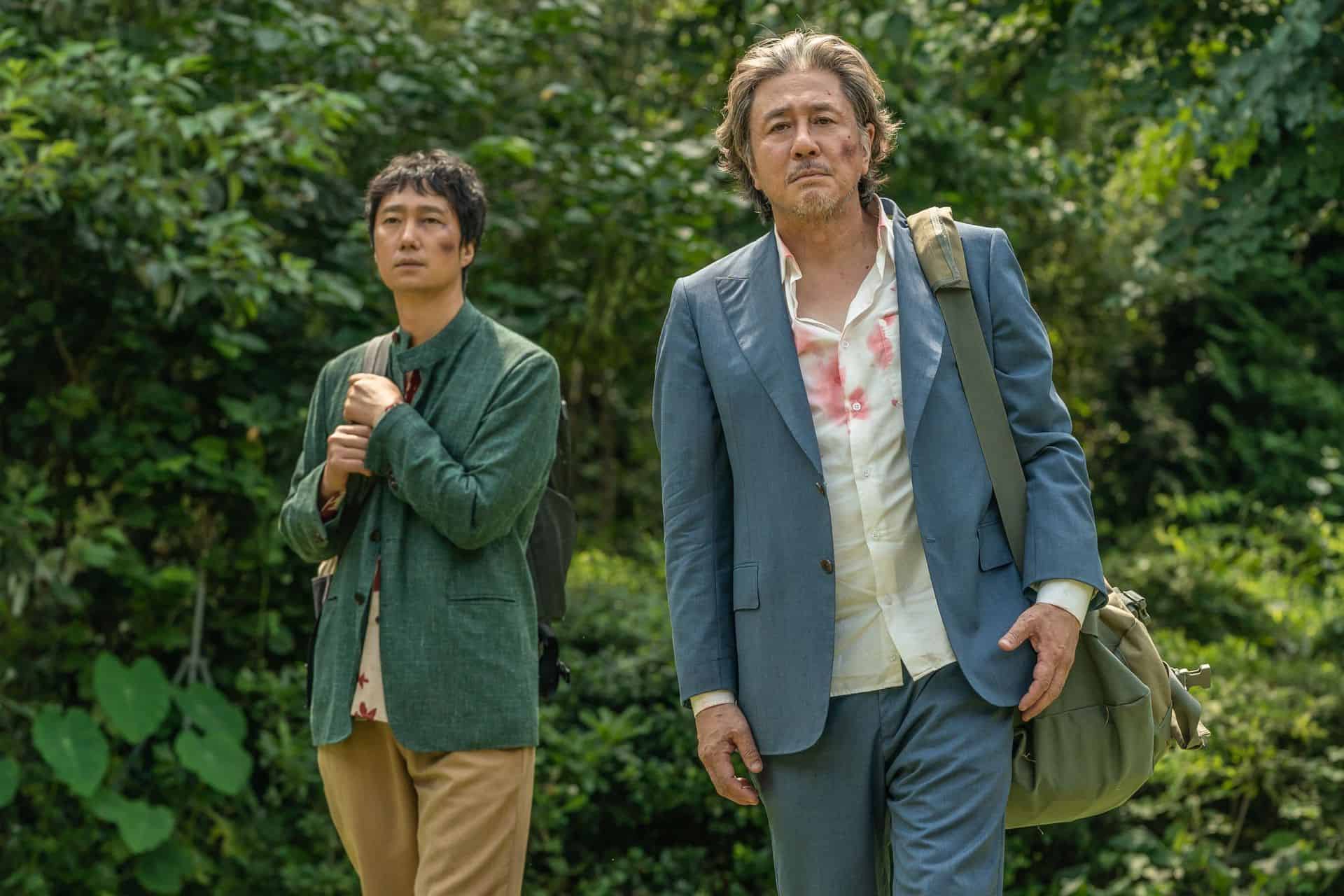
There is something to be said about the sheer predictability of the storyline and about the ending, which feels all too abrupt, but Im Sang-soo's latest, an official selection for 2020's cancelled Cannes Film Festival and the opening film for 2021's Busan Film Festival, is a fun road movie/odd-couple flick that should enjoy a healthy film festival run and, like the producer's intended, should hopefully prove to be a relative box office success. Be sure to go on this road trip! (Rhythm Zaveri)
16. Izo (Takashi Miike, 2004, Japan)
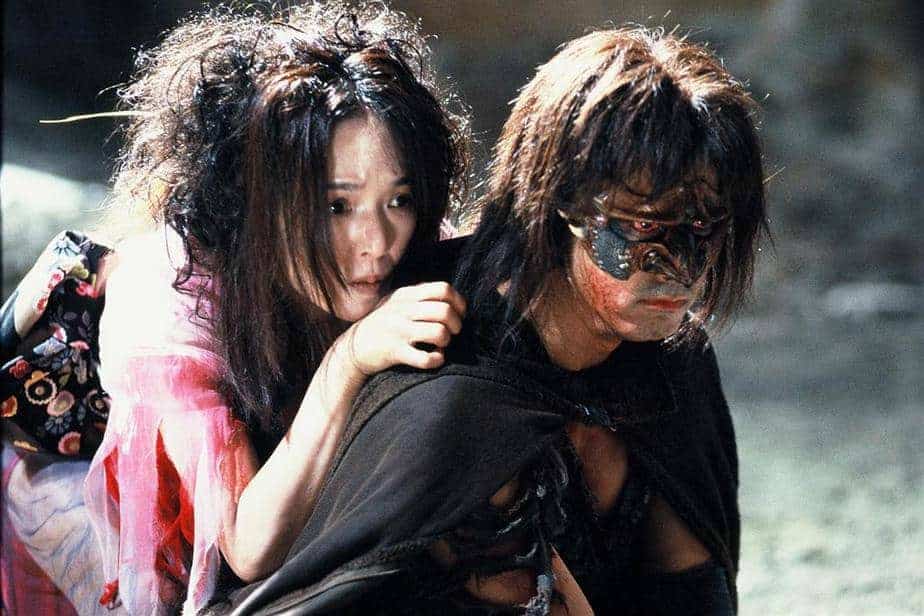
“Izo” is a film about the nature of man linked to the history of violence in the world. Based more on a thesis, it asks the question whether man can break the cycle of violence once it has started and if indeed, life without this aspect is even possible. Izo (Kazuya Nakayama) is executed after having killed hundreds of men in service of the Shogunate, obeying the order of his lord Hanpeita (Ryosuke Miki) to kill as many of them as possible. Through the sheer power of his rage he is resurrected in present day Tokyo, an event which brings him the attention of the intellectual, political and military elite of the nation led by the Prime Minister (Takeshi Kitano), who plan to do everything in their power to stop the absurd entity which is Izo. (Rouven Linnarz)
Buy This Title
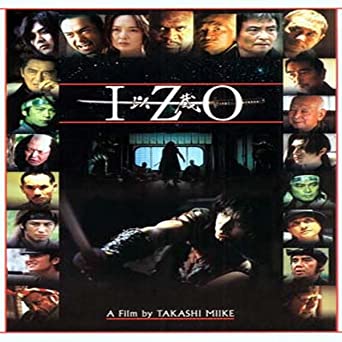
17. Piku (Shoojit Sircar, India, 2015)
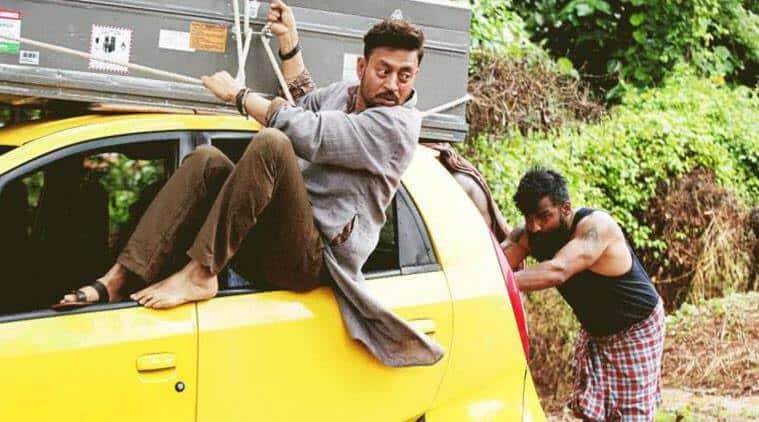
For a road movie, there isn't that much of scenic views or visible physical movement in Shoojit Sircar's “Piku”. Well, the topic of motion dominates everything that happens in the film, especially the rapid-fire exchanges between characters. But it is a different type of motion, that of the bowel movements of the old and moody hypochondriac Bhashkor (Amitabh Bachchan). The minutiae of his motions are at the forefront of the bickering between him, his equally temperamental daughter Piku (Deepika Padukone), deadpan and hilarious servant Buddhan (Balendra Singh), and perplexed and good-natured driver (Irrfan) as the four set out to drive to Kolkata. With the old man's toilet “throne” strapped to the top of the car, of course.
18. Kikujiro (Takeshi Kitano, 1999, Japan)
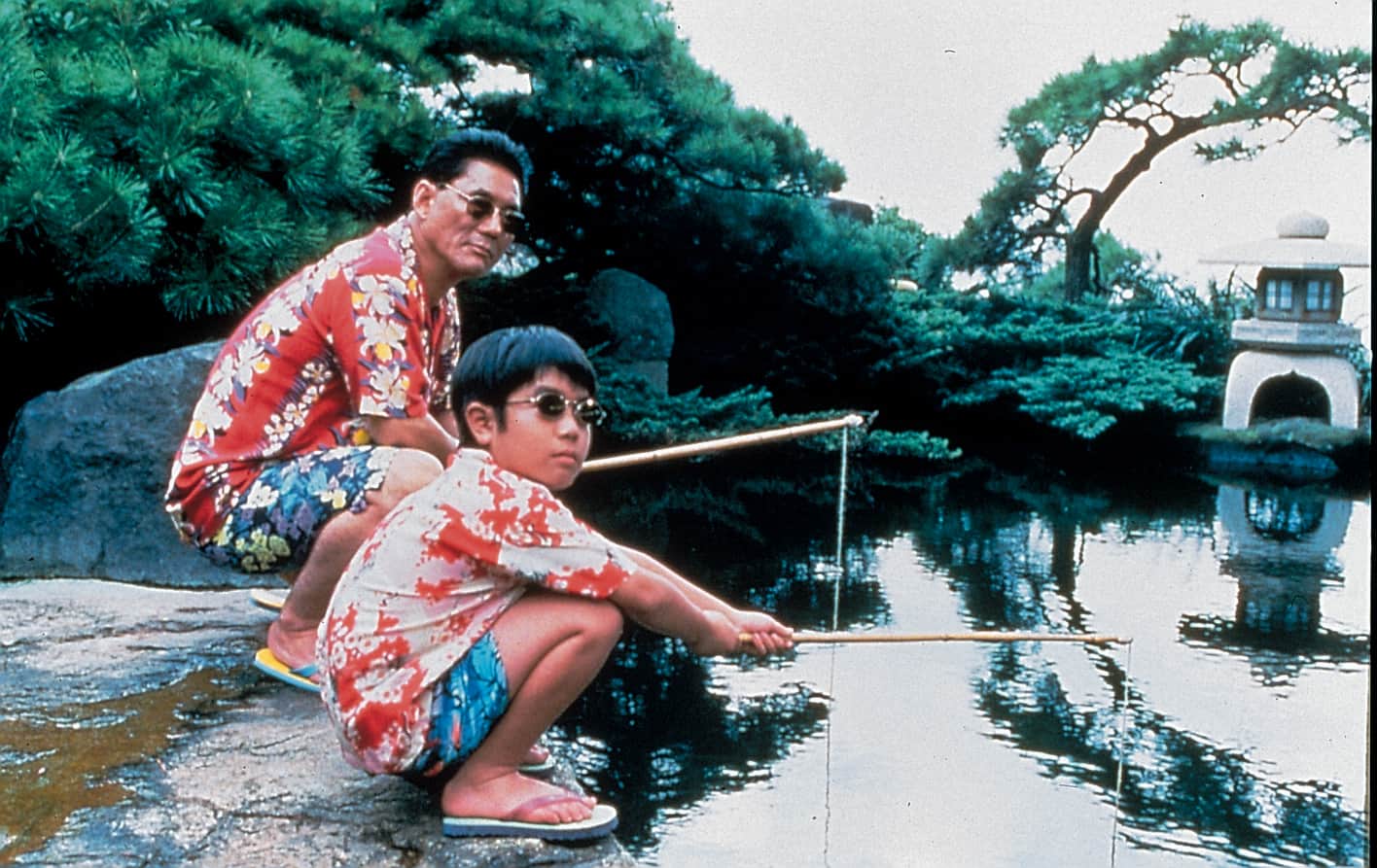
In conclusion, “Kikujiro” is a road movie about loneliness and one's transition into adulthood and self-realization. Takeshi Kitano successfully diverts from the gangster genre, which has made him famous internationally, presenting one of his most accessible and also touching works. (Rouven Linnarz)
19. Drive My Car (Ryusuke Hamaguchi, 2021, Japan)
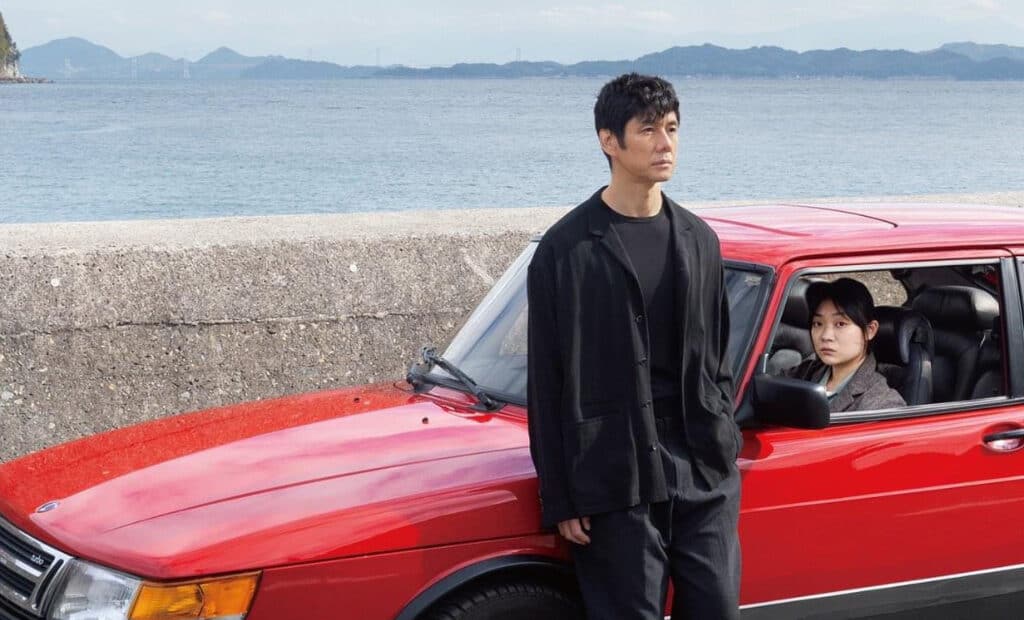
Hamaguchi's captivating script for this 3-hour film strongly relies on dialogues and actors' performances. Excellent Hidetoshi Nishijima and Toko Miura, respectively as Yasuke and Misaki, had the more difficult task of conveying their characters' introversion and the silent way they both keep living with a secret buried in their hearts. Little gestures are keys. When Yusuke stops and observes Misaki from a distance, folding with extreme care the car's cover, he is hit by the thought that someone is taking care of him and it's a strangely enjoyable feeling. And again, them enjoying a cigarette, both hands up and out of the sunroof, on their journey ahead. Their severe postures beautifully melt in the final, cathartic revelation. The secondary roles are all well performed, a special mention to Reika Kirishima in the enigmatic role of Oto and Yoo-rim Park, playing the mute Korean actress and former dancer playing Sonya in Yasuke's production and delivering her moving famous monologue in Korean sign language. The photography is pleasantly crisp, highlighting the bright red SAAB from Tokyo to Hiroshima to Hokkaido, and the pillowy score is discreet and apt. (Adriana Rosati)
20. Eureka (Shinji Aoyama, 2000, Japan)
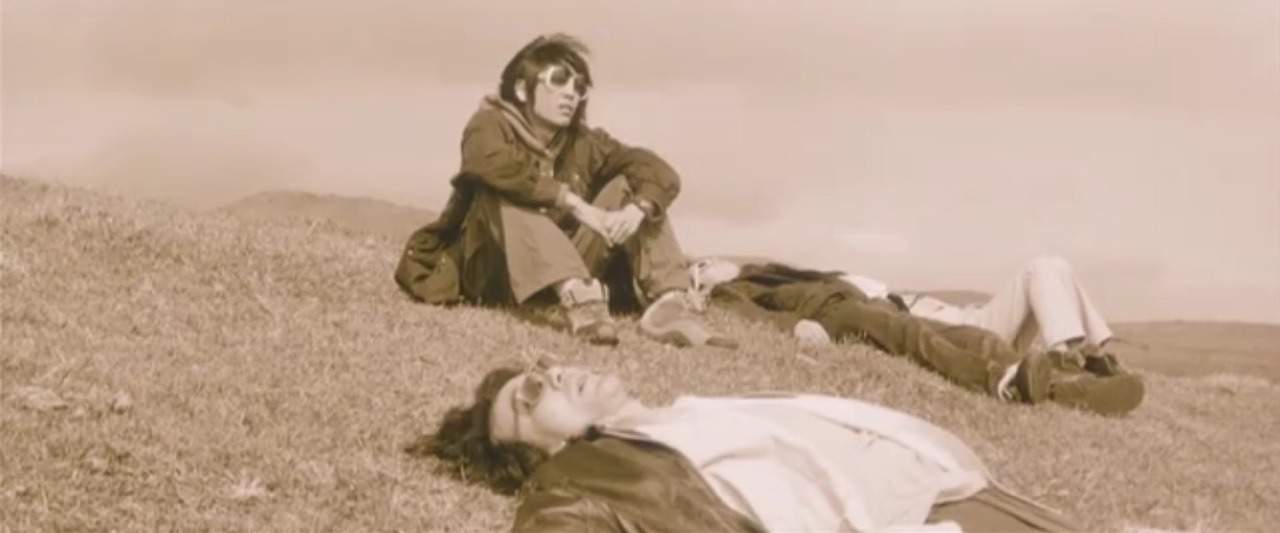
“Eureka” is a slow film whose pacing fits with the kind of process its characters go through. While it maintains the private nature of their emotions, it allows a glimpse into the traumatized souls of these people, as well as the possibility to heal and start over. In the end, “Eureka” becomes a human tale about one of the most incredible traits of us all which is to start anew and live even though the violence of our existence has become an omnipresent background noise. (Rouven Linnarz)




